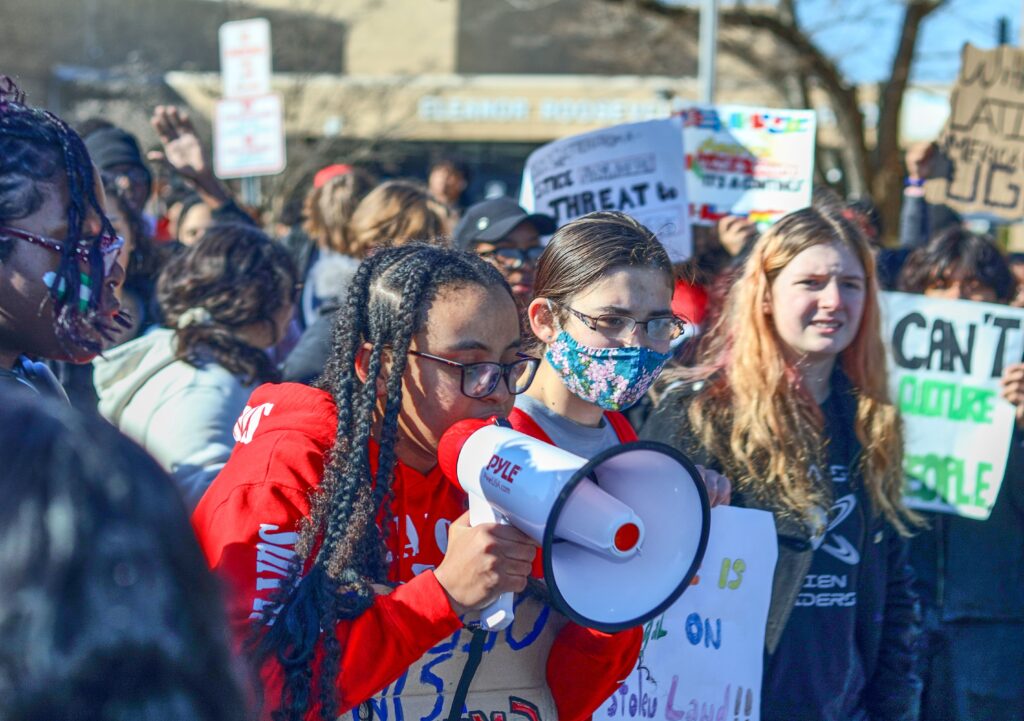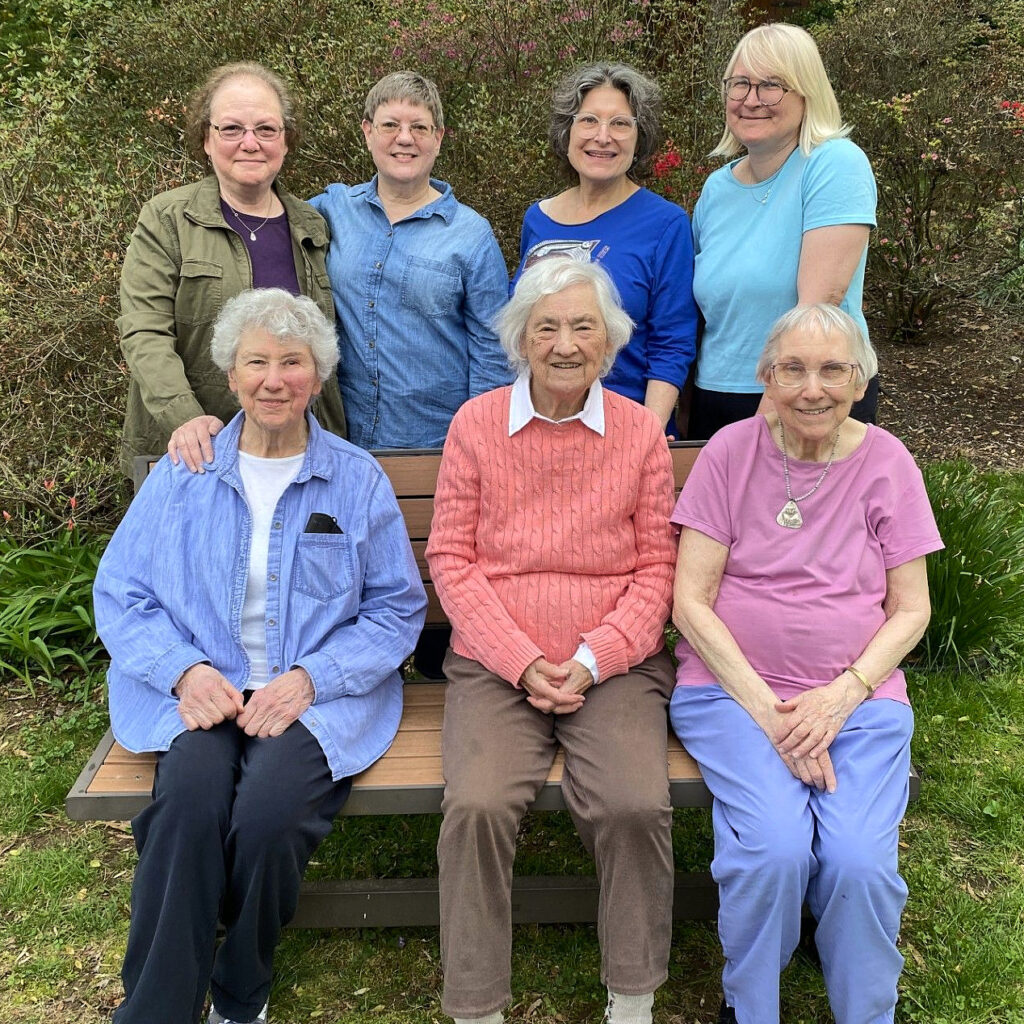The Greenbelt City Council began deliberations at a June 18 worksession on the referendum questions that, if approved by council, will be posed to the community on the November 4 city election ballot. This election marks the first time noncitizens will have the opportunity to vote in city elections, with registration available into early October.
In the discussion on referendum questions, three main topics were discussed for eventual placement on the ballot: poll workers, term lengths and electoral districts – prompting additional discussion on charter changes and including a presentation on ranked choice voting.
Younger Poll Workers
The matter of employing poll workers under the age of 18 prompted vigorous discussion that raised nuanced technical questions. The proposal extends the opportunity to 16- and 17-year-olds. Mayor Emmett Jordan proposed modeling the ruling on Prince George’s County’s rules that currently allow some under 18 to participate in elections as poll workers. The county limits how long those under 18 are allowed to work, and students would be unable to work until after 3 p.m. when school ends. City Manager Josué Salmerón, however, suggested that there would likely be some deviations from the county’s overall model. One issue that came up was compensation for under-18 poll workers. Another issue was the number of hours that students can work.
Election Board Chair Steven Gilbert raised a concern about possible conflict of incentives noting that if students were to be paid while also being granted service-learning hours for their participation, it may defeat the service component of the work. Councilmember Danielle McKinney suggested, and council generally agreed, that offering students the choice between volunteer hours (part of the graduation requirement) and pay would resolve any conflict between paid and volunteer hours. One concern was adults working with minors. Background checks on adult poll workers and how detailed they would have to be were concerns. Salmerón was asked to investigate any requirements for background checks relating to the employment of minors – either the workers or those who supervise them.
Length of Term
The next question was on the extension of council terms from two to four years. This discussion was similarly lively, eliciting responses from the audience as well as discussion among councilmembers.
Gilbert kicked things off by recommending that referendums on the question ought to consist of two parts, one on the council term and the other that provides residents the opportunity to vote on whether there should be a process by which councilmembers could be subject to recall.
Even those opposed to the notion of longer terms concurred that the matter should be put up for a vote and there should be an additional question about the right of residents to recall their councilmembers. Councilmember Kristen Weaver suggested there may be room for staggered terms with member elections being subject to rotating two-year terms. J Davis, former long-term councilmember and mayor, spoke in favor of the rotating four-year term and the ability to recall, not merely censure, a councilmember.
Charter Change
Councilmembers Rodney Roberts and Weaver wrangled over how the charter is changed, with there being some disagreement over whether such a thing could be wholly adjudicated by council or whether state law regulates how the charter is changed. During the discussion, Roberts also raised the issue of the large number of signatures required for a petition for a change, that allows citizens to force a vote. This number is approximately 3,000 and based on the number of registered voters for national elections – a far higher number than participate in city votes. He suggested investigating whether the city had the option to change the required number of signatures.
Election Districts
The next item dealt with a proposal to divide the city into election districts and how such districts fit within the overall structure of council. Councilmember Jenni Pompi, Jordan and community members all referred to the complications that may arise relating to the many ways that such areas could be partitioned. There was also the matter of how members representing certain districts would be voted on, either at-large or elected only by those in their district. (Note: Even if councilmembers serve at large, a districted system could require them to live in a specific area of the city.)
A community member raised a significant question about whether or not the creation of districts would polarize the city further and heighten divisions among residents. The underlying problem referred to by speakers is that in an at-large system, some areas of the city may not be as well represented on council – with fewer councilmembers living in one area of the city than another – though over long periods historically, this to some extent has evened out. On the other hand, districting might result in councilmembers being elected with different totals based on the number of voters in each district.
No votes were taken on any of the topics as the meeting was for discussion purposes. Actions will be taken in future council meetings.


